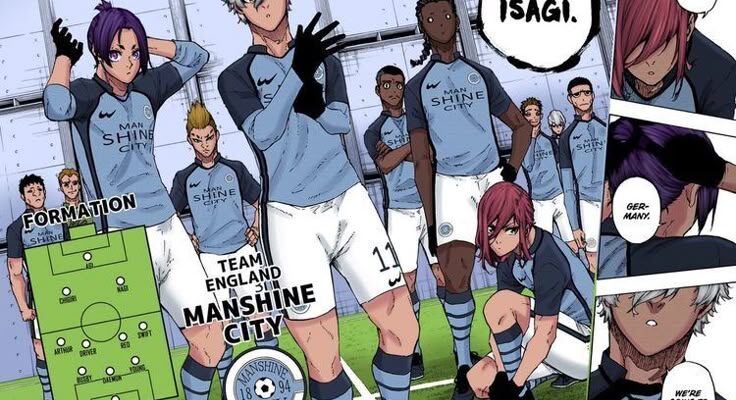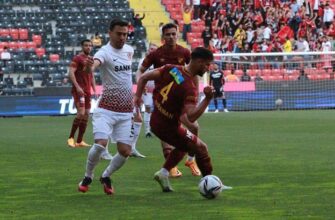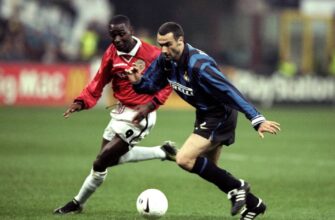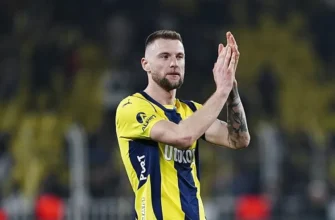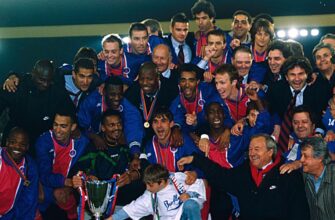The Spark: Injuries, Warnings, and Fury
The genesis of the current tensions traces back to France`s 2-0 victory over Ukraine. A win, typically a cause for celebration, was for PSG, overshadowed by the sight of two of their key players, Ousmane Dembélé and Désiré Doué, leaving the pitch injured. Club confirmations quickly followed: Dembélé faces a six-week layoff, while Doué is sidelined for four weeks. For a club like PSG, gearing up for crucial domestic and European fixtures, these are not mere inconveniences but significant setbacks.
What amplified PSG`s frustration was the claim of premonitory warnings. The club asserts it had previously communicated concerns regarding Dembélé`s fitness to the French national team`s medical staff. The perceived dismissal of these concerns, coupled with the ensuing injuries, reportedly left PSG “furious.” Their official statement didn`t mince words, deploring:
“The club deplores that the recommendations weren’t taken into account by the medical staff of the France national team, as well as deploring the total lack of communication and consultation from the medical team.”
This wasn`t just about the immediate injuries; it was a clear articulation of a breakdown in communication and a perceived disregard for established club insights into player physiology and injury susceptibility.
PSG`s Stance: A Demand for Formalized Protocols
In the wake of these incidents, PSG issued a firm call for immediate, formalized action. Their press release articulated a desire for new, transparent, and collaborative coordination mechanisms between the club and Les Bleus. For PSG, this is not merely a request for better communication but an urgent demand for structured protocols that safeguard their multi-million euro assets and ensure optimal player management. The club`s substantial investment in its players necessitates a robust framework that extends beyond club walls, particularly when players are on international duty.
The FFF`s Diplomatic Tightrope Walk
Recognizing the escalating tensions, the French Football Federation, through its president Philippe Diallo, entered the fray. Diallo sent a letter to PSG president Nasser Al-Khelaifi, aiming to de-escalate the situation. However, Diallo`s message was a masterclass in diplomatic tightrope walking: while advocating for a calming of the situation and expressing a desire for collaboration – a sentiment PSG clearly shares – he also expressed his unwavering support and trust in France`s medical staff. The subtle irony here is palpable: a call for collaboration, yet a firm backing of the very staff whose conduct is under scrutiny. It highlights the inherent challenge in mediating such disputes, where loyalty to one`s own staff often conflicts with the need for external harmony.
Beyond the Immediate Conflict: A Systemic Issue
This clash between PSG and the FFF is far from an isolated incident. It is a recurring narrative in elite international football, exposing the deep-seated friction between club and country. At its core lies a fundamental tension:
- Club Investment vs. National Ambition: Clubs invest heavily in player development, salaries, and transfers, viewing players as crucial assets. National teams, on the other hand, require players at peak performance for crucial qualifiers and tournaments, often with tight schedules.
- Medical Philosophies: Club medical teams have intimate, daily knowledge of a player`s physical state, injury history, and recovery protocols. National team medical staff, by necessity, operate with less continuous oversight, relying on brief windows of assessment and potentially different treatment philosophies.
- Communication Gaps: Even with the best intentions, the sheer volume of players, different national associations, and club structures can lead to communication breakdowns, conflicting recommendations, and a lack of real-time data sharing.
The player, often caught in the middle, becomes a subject of competing interests. Their health and long-term career can be jeopardized by inadequate coordination or a lack of unified medical strategy. This is where the demand for “transparent and collaborative protocols” transcends mere administrative convenience; it becomes a critical component of player welfare and career longevity.
The Path Forward: Formalized Collaboration for Player Welfare
For tensions to truly dissipate and for such regrettable incidents to become rare, a superficial agreement will not suffice. What is required is a robust, formalized framework for medical and fitness collaboration. This could entail:
- Standardized Information Sharing: A secure, agreed-upon system for sharing comprehensive medical records, fitness assessments, and injury updates between clubs and national teams.
- Joint Medical Assessments: For players with pre-existing conditions or borderline fitness, joint consultations or assessments involving both club and national team medical staff could prevent miscommunications.
- Clear Communication Channels: Designated points of contact and established protocols for urgent communications regarding player health and management.
- Agreed-Upon Rehabilitation Plans: In cases of injury, a collaborative approach to rehabilitation plans, ensuring continuity of care and avoiding conflicting directives.
Such measures, implemented with urgency and genuine commitment from both sides, could transform these periodic skirmishes into a cohesive strategy for player management. The FFF`s call for collaboration, if backed by concrete action, aligns perfectly with PSG`s demands for formalized processes. The goal is not to undermine the autonomy of either party but to create a symbiotic relationship where the health and performance of the athlete are paramount.

